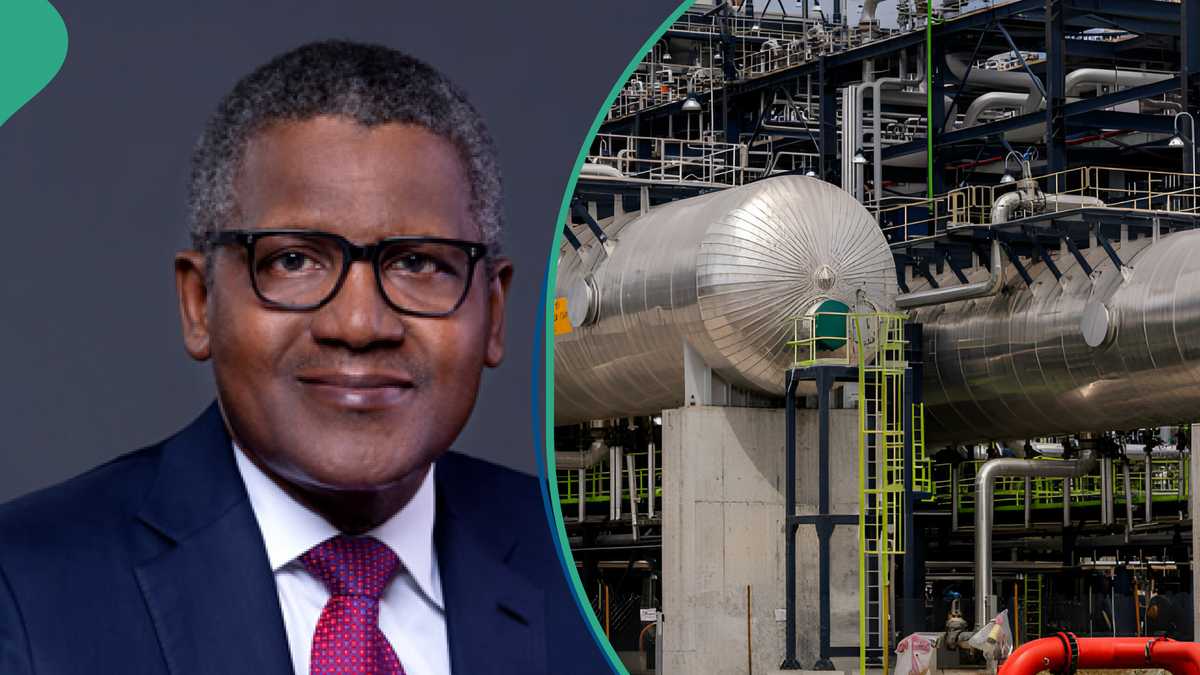INFLUX OF SUBSTANDARD PRODUCTS - THISDAYLIVE
The regulators must do more to rid the country of fake drugs
At a one-day stakeholders’ workshop tagged, ‘Growing Businesses Through Standardisation’ last week, both the Standard Organisation of Nigeria (SON) and National Agency for Food and Drug Administration and Control (NAFDAC) warned producers and suppliers against flooding the country with substandard products. But authorities in these agencies must move beyond mere preachments. Many people are into the business of illegal sales and importation of counterfeit products evidently because sanctions are not being applied when the law is breached.
But perhaps no critical sector has been more impacted by the astronomical hike in the prices of goods and services in the country than the health sector and NAFDAC is very much aware of this. Today, many of the drug stores across the country are kept in business by large scale importation from Europe, India and China. And in a nation where prescription drugs can be purchased from over the counter (OTC) store, the current influx of fake and adulterated drugs comes as no surprise.
The drug trade is indeed lucrative and, like many things Nigerian, has become an all-comers affair. Besides, a combination of insecurity, multiple taxation, epileptic power supply, port congestion, foreign exchange scarcity, etc., have forced many of the multinational drug manufacturing companies operating in the country, notably GlaxoSmithKline Consumer Nigeria Plc, and Sanofi to close shop in recent months. That has, to an extent, encouraged the influx of adulterated and counterfeit drugs that contain too much or too little of active ingredients.
Although NAFDAC has been proactive in alerting Nigerians about many of the fake and adulterated antibiotic medication used for the treatment of different types of bacterial infections, there is hardly any drug in the country today that has not been ‘duplicated’. Therefore, public lamentation is not what the challenge at hand requires. There must be a deliberate policy by the federal government to rid the country of fake drugs that are killing our people. The sheer magnitude of this challenge and the sophistication of those involved indicate that for any meaningful breakthrough to be achieved in the efforts to arrest it, collaborative attempts must be made by governments, non-governmental organisations and corporate bodies.
Since the current direction of Nigeria’s external trade is mostly with countries where faking and adulteration have become established sub economies, there is need for a diplomatic reorientation that involves government at the highest level. The near absence of controls in those countries and at our end increases the challenge. Corruption at our ports of entry and in the regulatory agencies is an area of concern that has remained with us for so long. Rogue officials of NAFDAC, the National Drug Law Enforcement Agency (NDLEA), Nigeria Customs Service, etc., have developed a culture of complicity on nefarious trafficking in substandard products.
In drugs and medicaments, the general poverty among the populace makes cheap adulterated drugs more affordable while unscrupulous traders will import and sell what the market effectively demands. Unfortunately, the absence of a national policy on Medicare and Medicaid has driven most Nigerians into the underground medicine market of fake products. What the foregoing suggests is an urgent need to set up a water-tight regulatory framework in the drug administration environment. There must be a consistent effort to alert the people to the risks of fake drugs, and reinforce the need for them to patronise the right health institutions.
We urge the authorities in NAFDAC and SON to work with the Federal Competition and Consumer Protection Commission (FCCPC), the government agency saddled with protecting the public from unreasonable risks and injury on this menace of fake and adulterated products.













